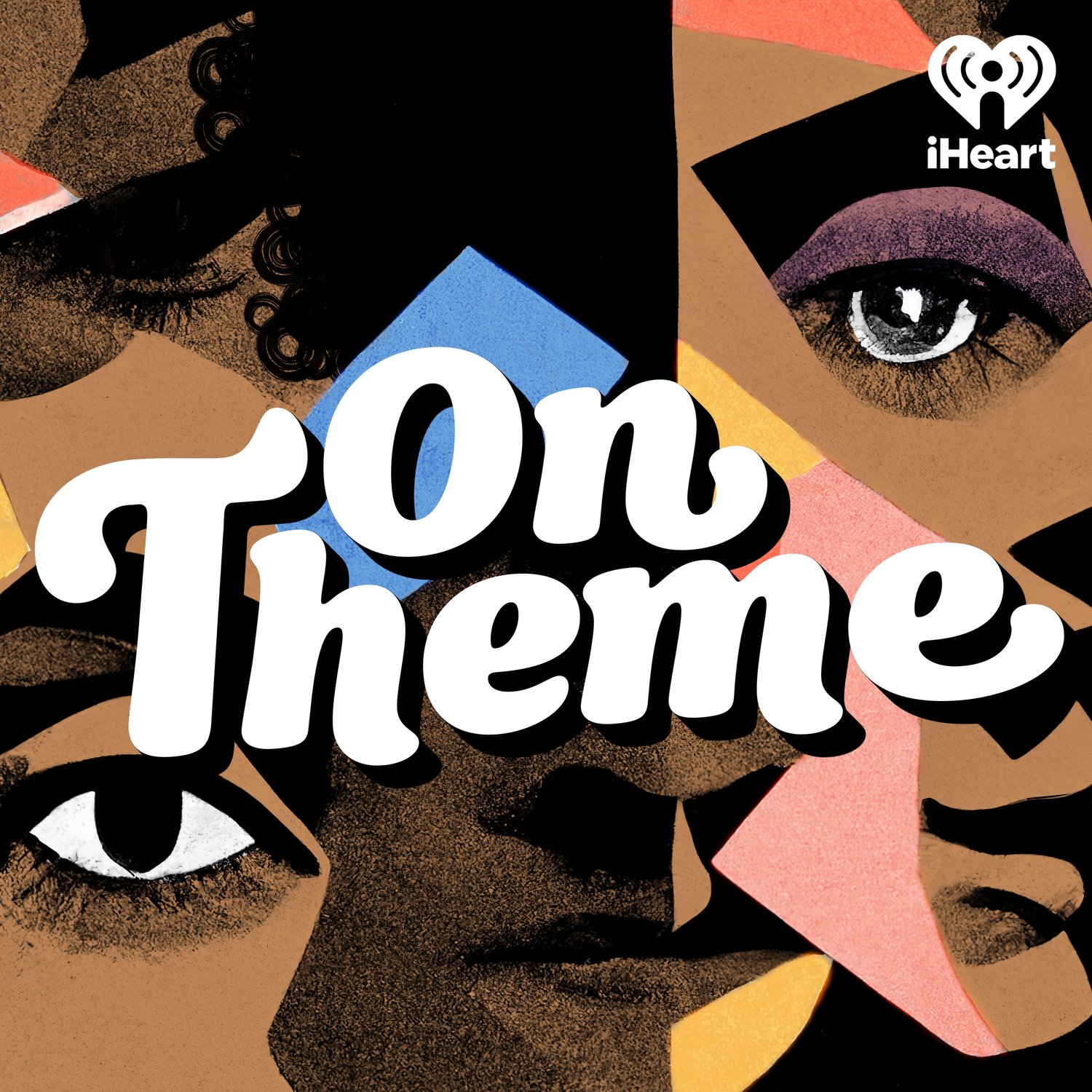Rhyme and Punishment
Rap’s on trial
A new documentary — As We Speak — explores the weaponization of rap lyrics in the legal system, shedding light on the use of artistic expression as evidence in criminal trials. Directed by J.M. Harper and featuring hip-hop artist Kemba as a guide and character, the film delves into the ways in which rap lyrics have been used in court, examining the impact of this practice on the music industry and its artists.
Yves and Katie caught up with J.M. and Kemba to talk to them about As We Speak and the implications of criminalizing an art form.
GUESTS
J.M. Harper
Director
Kemba
Musician
“It’s kind of like a magic bullet when you get into the courtroom and you hear these lyrics. When it’s not over a beat, when it’s just some uptight white guys reading it you’re like, ‘Damn! They really killin’ folks out here!’”
“So many people try to minimize the artistry of rap and what it does for people and how it’s poetry and how it can be used in so many different forms and how it has a legacy in so many of these other genres that Black people created that were specifically about resilience and specifically about resistance.”
“We had to make the documentary like a song and kind of wrap you up into it.
And that’s how you can come out of the other side, having a 180 change, ‘cause if you can truly see it through Kemba’s eyes, through the eyes of the artists, then I don’t know how you can see it the other way.”
“They don’t respect us enough to think that we can speak in metaphor. They don’t see what we do as art.”
Thoughts about this episode? Send us a message.




